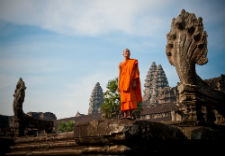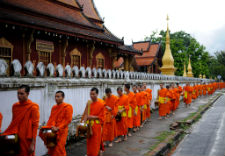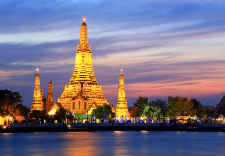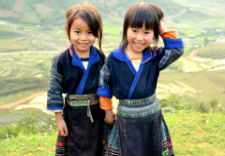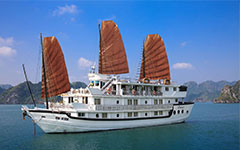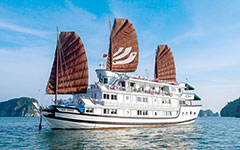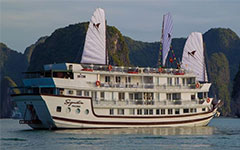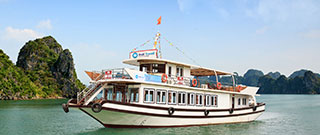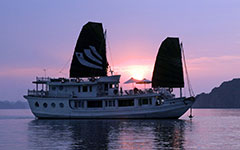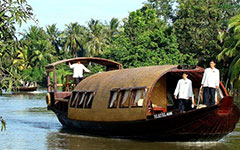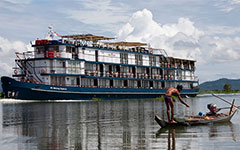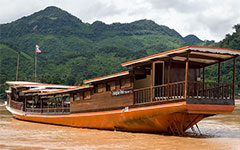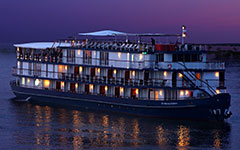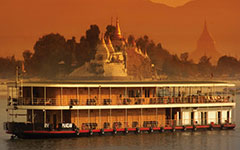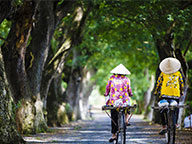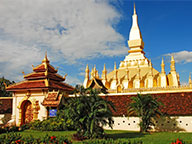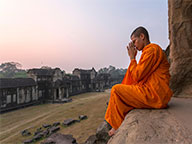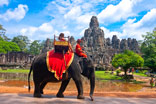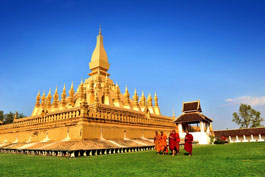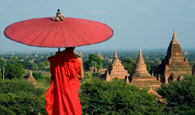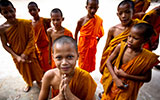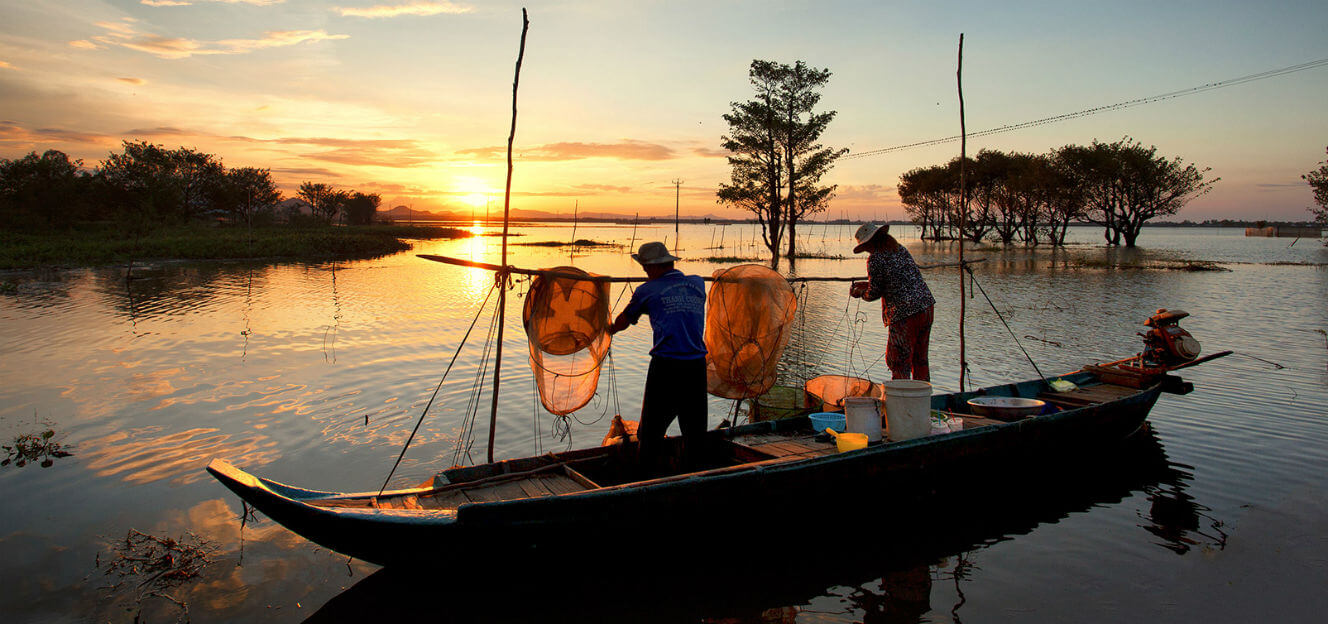Travel to hot climate
South East Asia are very tropical countries, usually very hot & humid: You will not get used to this different condition in another country , which you never think what will happen during the trip.
Traveling in hot climates can make you sick, especially if you are not accustomed to the heat. People at highest risk are the elderly, young children, and people with chronic illnesses, but even young and healthy people can get sick from heat if they participate in strenuous physical activities during hot weather.
When you are not in an air-conditioned building, take these steps to prevent heat-related illnesses, injuries, and deaths when traveling in hot climates:
- Drink plenty of fluids.
- Wear loose, lightweight, light-colored clothing and sunscreen.
- Try to schedule outdoor activities during cooler parts of the day.
- Rest often, and try to stay in the shade when outdoors.
- If you will be doing strenuous activities in the heat, try to get adjusted before you leave by exercising 1 hour per day in the heat.
Overheating can result in heat exhaustion or heat stroke. Symptoms include excessive thirst, profuse sweating, headache, dizziness or confusion, and nausea. If you or anyone you are traveling with develops these symptoms, get out of the sun and try to cool off by fanning or getting in the water. Heatstroke is a life-threatening medical emergency; get medical attention if symptoms persist.

